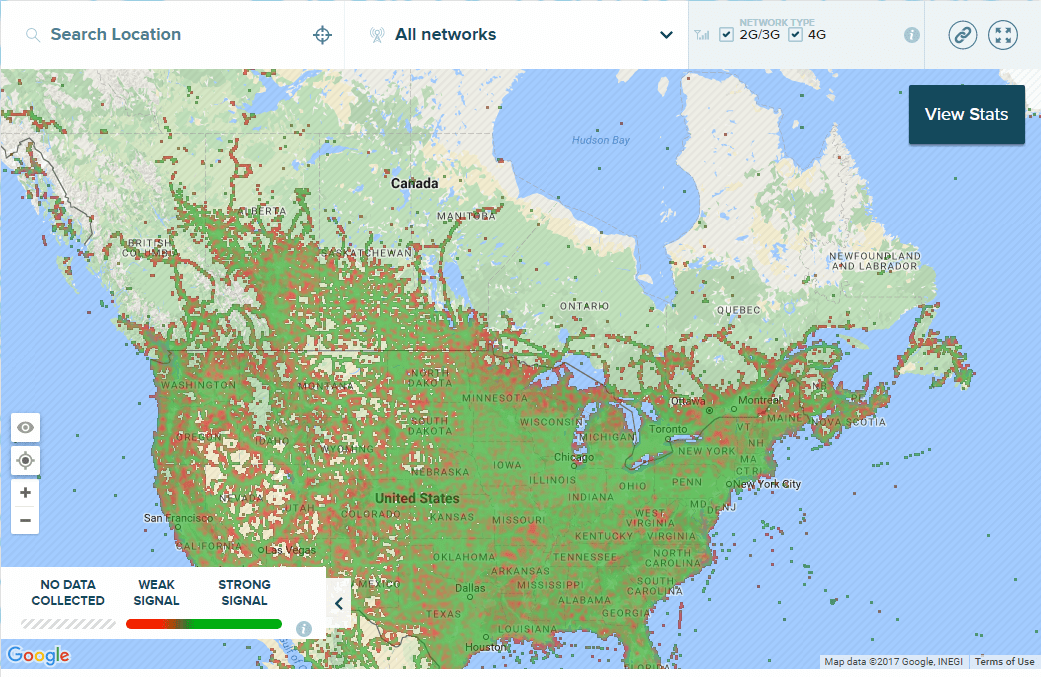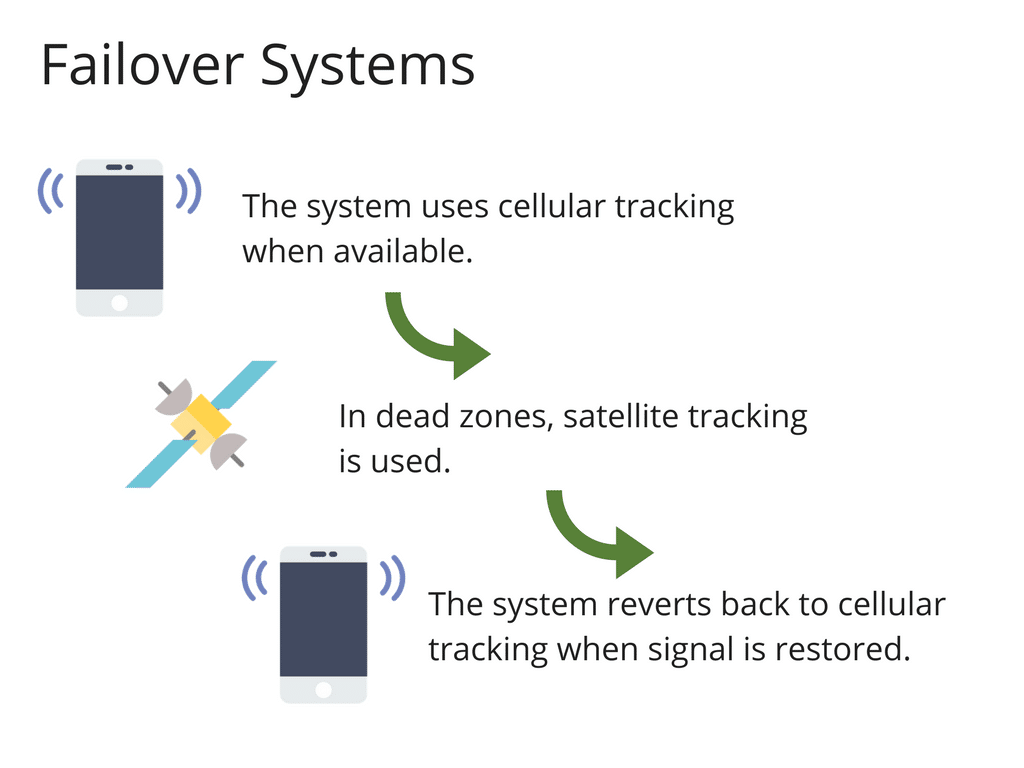When Do You Need Satellite Tracking For Vehicles?
When was the last time you watched a horror movie? (If you are like myself, probably a long time ago because I value my sleep!)
A cliche in these movies is not being able to call for help. Over the years, many movies had scenes where characters had no service and were not able to use their cellphones.
It might not always be life-and-death but imagine the frustration if an important phone call drops. Or if a TV stream goes offline, as mine did while watching a close 4th quarter in the NBA playoffs.
Iridium GPS Tracker
The default way to track vehicles is to use cell coverage. However, some businesses travel to areas with weak or no coverage. How can businesses still get consistent data and ensure worker safety?
Enter satellite vehicle tracking. For areas where cell coverage is not possible, iridium GPS trackers (satellite tracking) fills these gaps by providing data without losing connection.
GoFleet uses the IRIDIUM satellite network for this need. This network is added to a traditional cellular based tracking system through a modem.
Consider the following cases.
Remote Operations
Businesses may operate in areas without cell coverage. Consider the following coverage map from OpenSignal and notice the dead zones.
Cellular tracking does not work in these zones. This leaves managers thinking. Where are the drivers? How are they driving?
The only way to answer these questions is to use satellite tracking.
Oil Rigs
One of GoFleet’s partners is an oil company that operates oil rigs in the middle of the ocean. And yes, just like the movie clips, there are no cellular signals in the middle of the ocean.
These oil rigs are expensive and are valuable assets. In the event of failure, the business needs to send helicopters and replacement parts to repair the rig. This costs thousands and thousands of dollars. How can costly repairs be prevented?
Many cellular-based tracking devices offer diagnostics tools. These tools allow maintenance managers to track & schedule service dates, as well as receive fault codes.
The Iridium GPS Tracker allowed the business protect their oil rigs by receiving these same reports over a satellite network.
Emergencies
Imagine this scene. A driver is going through a remote area. While driving, the weather worsens. The driver is suddenly going through a blizzard and becomes stuck. When they pull out their phone to call for help, the phone says “No Service”.
Iridium GPS trackers are equipped with a man-down system. When drivers are not able to get cellphone signal, they can send an emergency message through satellite. This message is relayed back to the office. The driver is then notified when the message has been received.
Minimizing Cost
Is satellite tracking costly? Compared to cell phone coverage, yes, satellite tracking is more costly. These costs, however, could be minimized with a failover system. Failover systems reduce cost by only using satellite when necessary.
For example, the Iridium GPS Tracker combines satellite tracking with cell coverage. This system normally uses cell coverage and only switches over to satellite when the signal is lost. The system then uploads data captured with satellite when cell coverage returns.
This reduces the amount of satellite usage, and in turn, reduces the cost of the system.
Read more about Iridium GPS Tracking.

